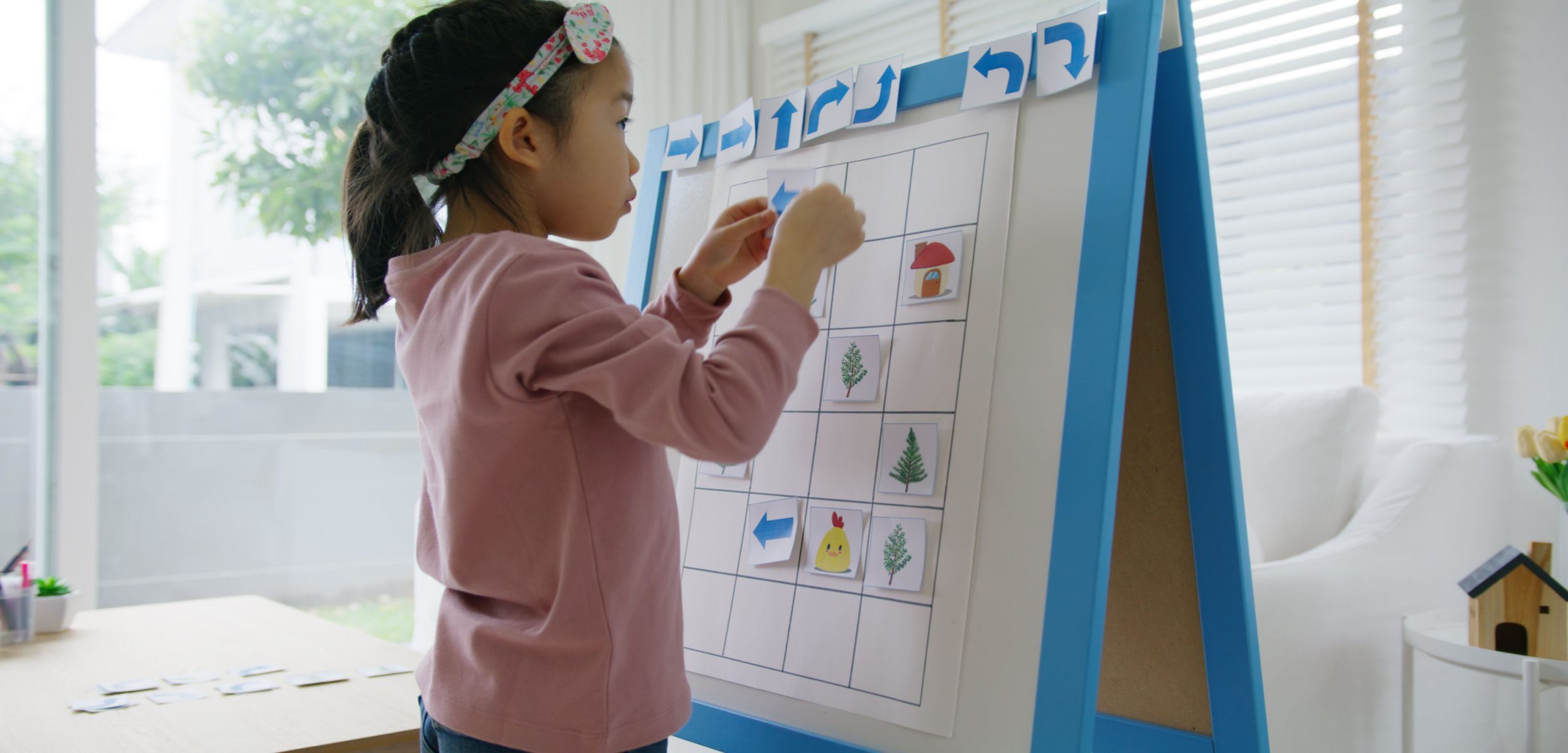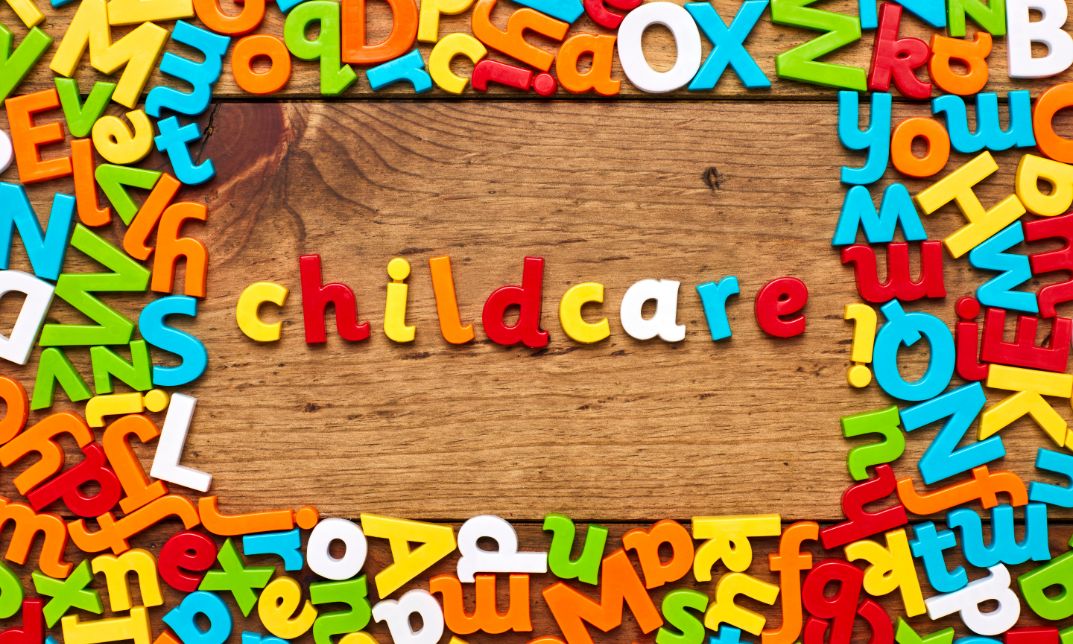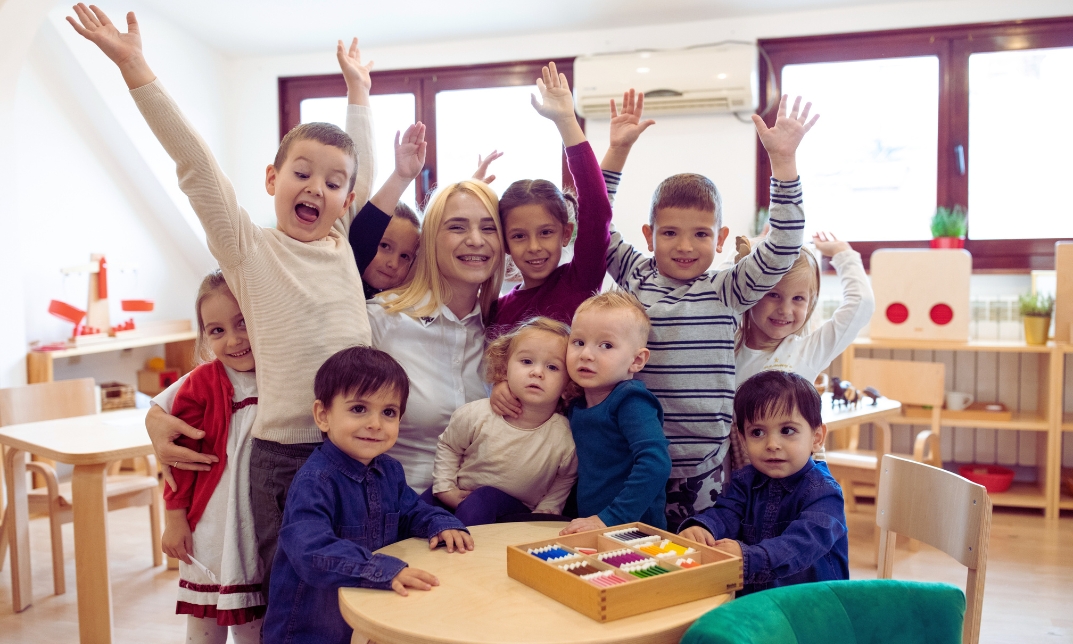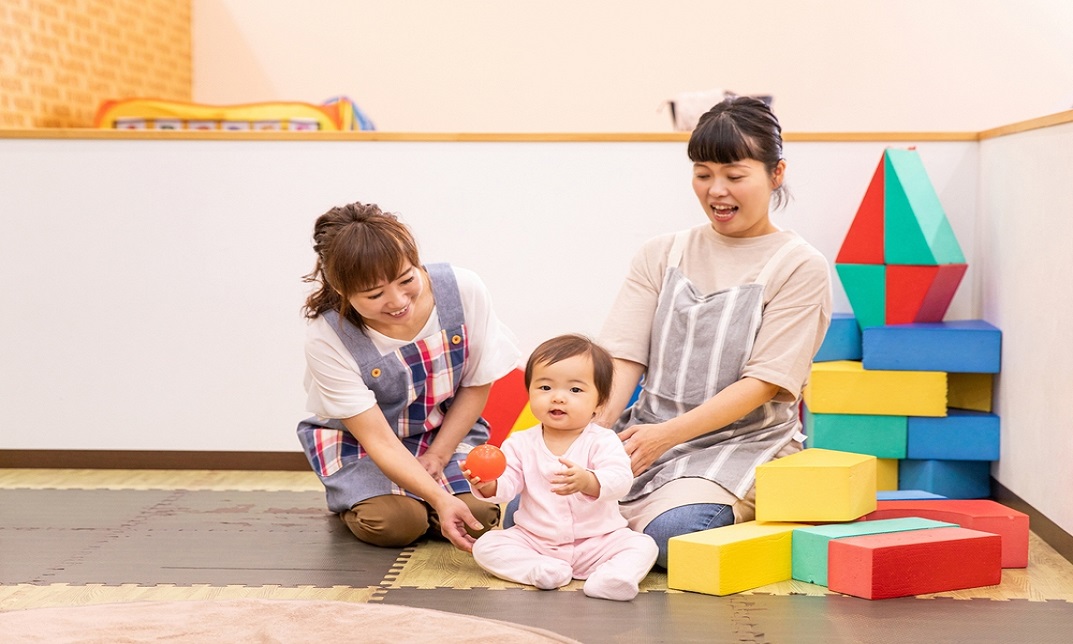Nowadays, there is a wide range of jobs that you can seek in any field. Many of them are popular and have everyone pursuing them blindly. Few careers are as fulfilling and exciting as childcare training. So early childhood development training cannot be underestimated.
Moreover, if you wish to make a difference in the lives of children and their families, this is a fantastic job to pursue. Hence, this blog will look at the fascinating world of childcare training. As well as why it can be the ideal career step for you.
So, this is a once-in-a-lifetime opportunity for you to develop the future generation.
What is Childcare Training?
At its core, childcare training is a tapestry of skills, knowledge, and compassion. They provide good care for children. Childcare training is all about preparing yourself for caring for children like an expert! Hence, becoming a professional in early years nursery is a journey.
Although you don’t need any courses to get childcare jobs. But, if you want skills that you can use to establish a safe, exciting, and caring environment for young hearts and minds. Thus, a Childcare training course can help you with that.
Additionally, it covers topics from early years training to many childcare qualifications. It also covers several issues, including child development, health and safety, and instructional practices.
Moreover, it is not only for caring for children; it’s about understanding and being there with them in each development phase. Hence, this training is essential for those who want to work in various childcare settings. Some of them are nurseries, preschools, and even nannies. Thus, starting on the childcare training road may be difficult, but it’s an exciting experience worth your time.

Types of Childcare Training
Childcare training is not a thing; it is a diverse ecosystem with several branches and types. Each has its skills and knowledge you will need to get and go for.
Moreover, each area is crucial to the safety, well-being, and growth of the children you care for. So, here are some of the most important forms of childcare training for delivering quality care to children you will need.
- Early Years Child Development Training: The vast field of early year childhood development training lies at the heart of childcare education. You will learn how to nurture young minds through personalised experiences. So, this is delicate for you to get a tapestry of cognitive, emotional, and physical development.
- Childcare Qualifications Online: The uncertainty of modern life needs flexible solutions at times. Online childcare qualifications provide a virtual bridge. For anyone interested in learning more about this fascinating subject. Since learners have access to a wide range of knowledge from various online sources.
- Paediatric First Aid and CPR Training: Paediatric first aid and CPR training provide you with the knowledge and abilities. That will be necessary to respond to medical situations involving children. This course includes newborn and child life-saving procedures such as choking and CPR. That can help with childcare training.
- Child Development and Psychology: Child development and psychology courses focus on stages. Those are child growth, cognitive and emotional milestones, and psychological aspects of child care. Hence, understanding child psychology is vital for effective childcare training.
- Behaviour Management and Positive Discipline Workshops: These behaviour management workshops focus on ways for a positive and constructive way. Setting limits, incentive systems, and dispute resolution are examples of techniques. These are essential for childcare training.
The Crucial Role of Early Experiences in Childcare Training
The first 3 years after birth is a time of astonishing growth and development. A child’s brain is busy building intricate neural networks at an incredible pace. This rapid development means that by the age of six, the brain has already reached 90% of its adult size.
What does this mean for children? It means they are like sponges, absorbing a tremendous amount from their experiences and the world around them. These early years are a crucial foundation for their future learning and development.
Early experiences, both good and not-so-good, lay the foundation for future success. They’re crucial for a child’s future survival, growth, health, and well-being. According to studies, a child’s long-term health is directly impacted by these early events. They also increase the likelihood of achieving a good education and even higher income potential.
But it doesn’t stop there. This stage of life also has a profound impact on a child’s emotional and social growth. It’s vital for their future self-esteem, ability to communicate, and ability to build relationships.
Moreover, they become a part of their community and maintain good mental health. That’s why proper childcare training is so important for children’s development and their future. It sets the stage for success in life.
The Benefits of Early Years Child Development Training: Nurturing the Future
Early childhood development training is at the heart of daycare, and its advantages are many. To appreciate its worth, we must embrace confusion by recognising the interconnection. That is emotional, cognitive, and physical development in children.
- In-Depth Understanding: Childcare training equips professionals with a profound understanding of the intricate processes. That can shape a child’s early years. Moreover, it gives children hands-on learning and care experiences as they grow. Moreover, getting an early years certificate will be helpful.
- Shaping Futures: The potential to affect the future is one of the most satisfying components. That is of early childhood child development training. Every action and every phrase can make an indelible impression on the life of a child.
- Opportunity for Better Social Skills: A key benefit is that it allows kids to improve their skills through interactions with other children. Moreover, adults can also help their children improve their social skills. This can be accomplished by telling tales, brainstorming ideas, or just singing and playing games. Hence, all these encounters help students strengthen their communication abilities and social skills. They also learn to create relationships with ease.
- Developmental Milestones: Professionals in this sector become excellent at identifying and nurturing growth stages. It’s a task that necessitates great awareness and perceptive actions.

Embracing The Challenges of Childcare Training
Childcare training, although enjoyable, is not without its difficulties. These problems can be both emotional and professional. Moreover, they must be navigated by carers and experts in the sector. Here are some of the most typical difficulties encountered in childcare training:
- Emotional Demands: Childcare training demands intimate interaction with children. That can be taxing in an emotional case. you can develop strong attachments to the children in their care. Hence, it is difficult to say goodbye when circumstances change.
- Balancing obligations: Childcare workers face a tough balancing act. They care for many children with varying needs, handle paperwork, and keep parents in the loop. Finding the right balance may be quite difficult.
- Work-Life Balance: You may struggle to maintain a good work-life balance. The nature of the profession sometimes requires working unpredictable hours. Thus, it might interfere with personal time and relationships.
- Concerns About Child Safety:Ensuring the safety of children at all times is an important element of childcare training. Hence, you must be watchful and proactive to prevent mishaps and secure the safety of the children.
Despite these challenges, many find childcare training pleasant and rewarding. It provides the opportunity to make a good difference in the lives of children and contribute to their growth. That exceeds the challenges encountered along the road.
What are childcare agencies, and what are their roles?
Childcare agencies are critical entities in the childcare business. Connecting you with families in need of childcare services. These childcare agencies act as mediators, guaranteeing regulatory compliance and providing continuous help. Their responsibilities are as follows:
- Screening and Qualification: Childcare agencies must ensure that all you meet the relevant qualifications and criteria. Checking background checks, credentials, and references is part of this process. Thus, this position helps ensure the children’s safety and well-being in their care.
- Regulation and Compliance: Childcare training agencies are well-versed in regulatory regulations. That regulates the daycare business. They guarantee that all carers under their supervision adhere to these standards. Hence, giving families peace of mind and preserving the integrity of the childcare industry.
- Continual Support: The help provided by childcare agencies is continuous. They offer information, guidance, and help to you and your families. As well as resolve problems and ensure the childcare arrangement stays effective and harmonious.
The Exciting World of Childcare Jobs and Its Type
There are many childcare jobs for those who want to help in the early years nursery. The fascinating world of the childcare profession provides a wide range of jobs in childcare. Each with its own set of duties and incentives. As we look at the many forms of childcare jobs, you’ll see that this is a multi-faceted sector. In which carers play critical roles in caring for and teaching children. The following are some of the most common childcare jobs after childcare training:
- Nanny: Nannies serve individual families with in-home childcare services. They collaborate with parents to provide children with a supportive and stimulating atmosphere. Hence, a nanny’s work can range from live-in to part-time, providing flexibility to the carer and the family.
- Preschool Teacher: These educators significantly impact the lives of young children aged 3 to 5 years. They operate in organised environments. These are preschools, kindergartens, and early childhood education centres. Preschool instructors arrange lessons and coordinate activities. Moreover, they promote early childhood development in a social and educational setting.
- Early Childhood Educator: Early childhood educators operate in a variety of contexts. That can range from schools to childcare centres. They are in charge of developing and executing educational programmes. That promotes young children’s cognitive, social, and emotional development.
- Babysitter: A babysitter is a dedicated carer who looks after children for short periods. Hence, their primary responsibility is to provide for the safety, well-being, and enjoyment of caring for children. While the parents or guardians are gone.

Conclusion
Although there are many ups and downs, childcare training is the best way to have a satisfying job in childcare. Childcare training is a transforming journey that provides new chances to make a significant impact in the lives of children.
Remember that when you enter the world of childcare, you are going on a journey. That will put your resolve to the test, cultivate your compassion, and fill your life with excitement. That only caring for children for the next generation can bring.
Now that we have reached this point if you are more interested in the healthcare sector. Then check out the health care support worker for more information and help.
Or are you interested in UK employment law for childcare jobs? Our site has covered it. Explore UK employment law for guidance and key information.




